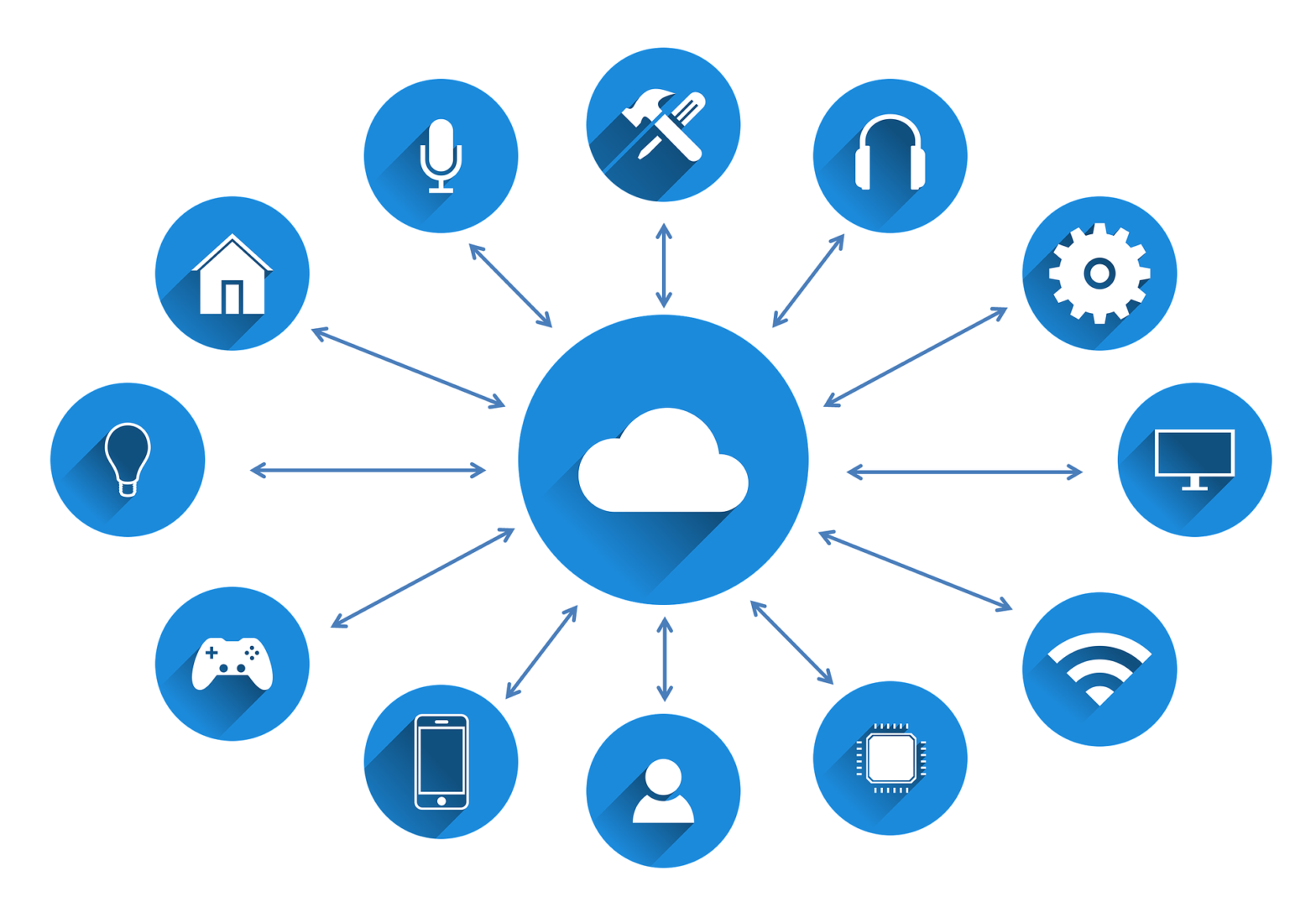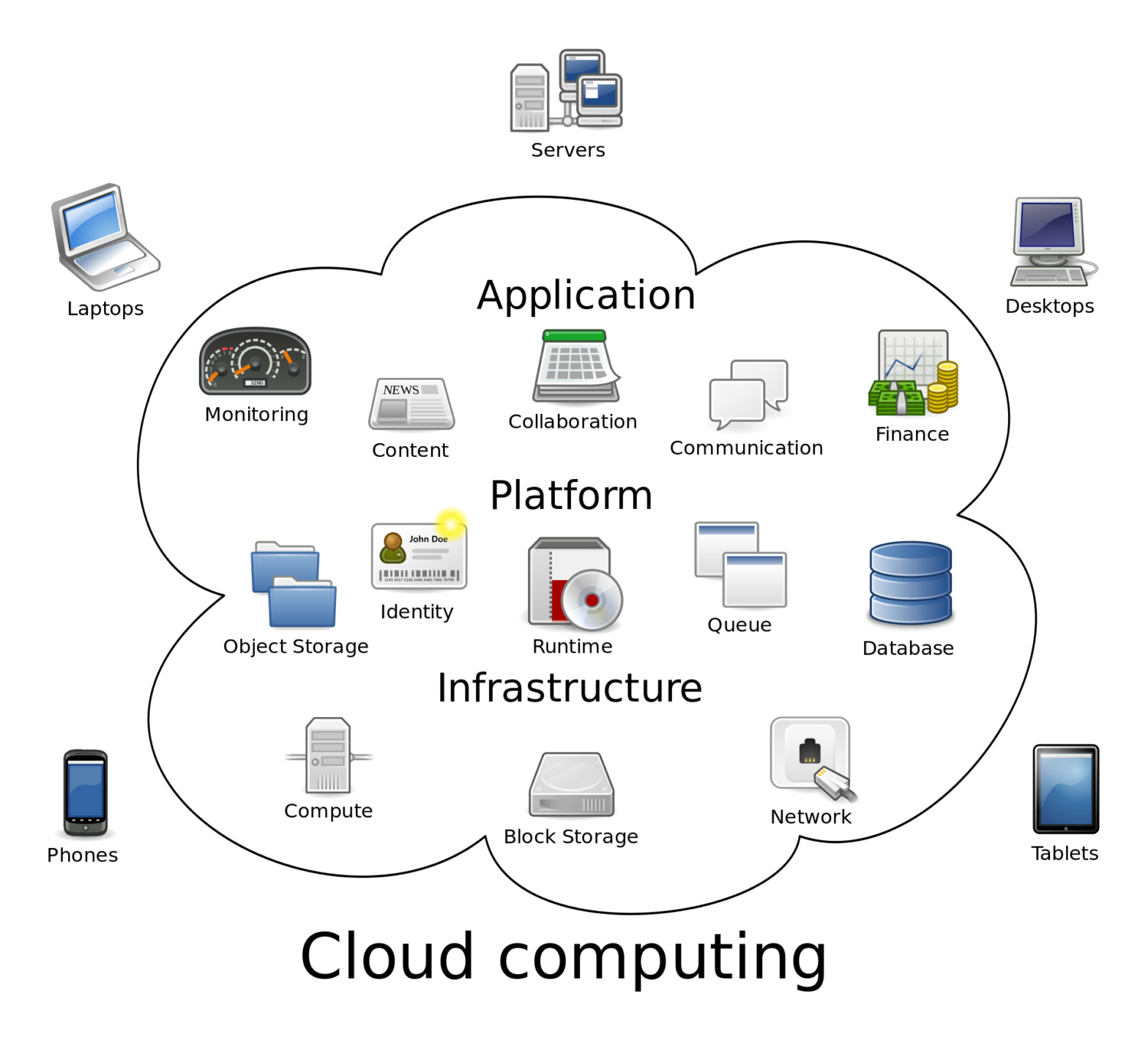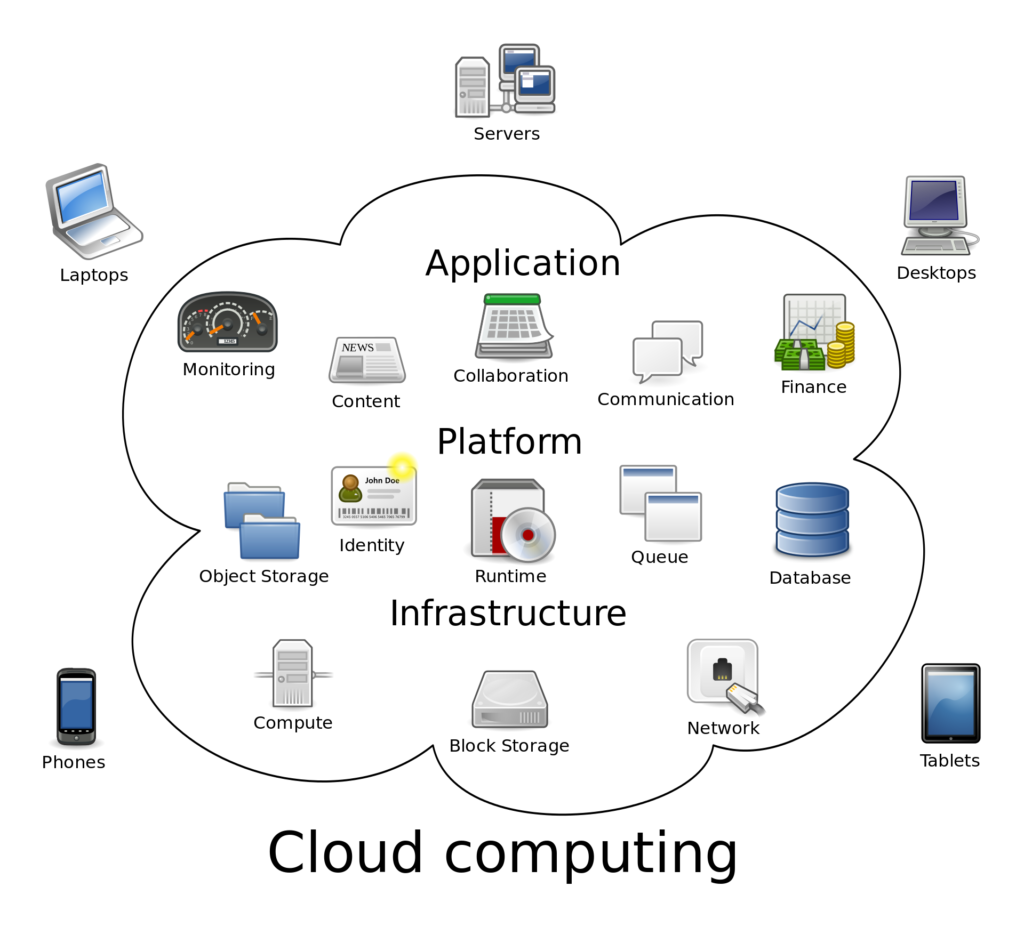The disadvantages of cloud storage can be as many and varied as the advantages, all must be considered when moving your company’s key asset, it’s data off premise and outside of the organisation.
Regulatory Compliance – The technology is more than capable of meeting the needs of the most demanding businesses. The scalability is there, accessibility and usability makes cloud a very attractive option. Many organisations nad businesses will find an insurmountable hurdle in the regulatory and compliance hurdles to be able to make use of public cloud or shared cloud services. Pharmaceutical, Finance Houses and Public Sector / Government have very strict standards about information and data security which often times precludes the use or makes the cost of compliance too high for public cloud to be a viable option adding to the disadvantages of cloud storage.
Data Management – the structures that your existing organisation or businesses uses to store, manage and structure the data and information employed are unique and organised for your purposes. The move to a cloud based storage solution involves a significant amount of re-organising and re-structuring of the data mountain you already have amassed. One of the disadvantages of cloud storage is the work required to migrate. Many will argue that the exercise of reviewing your organisation’s data storage and information practices is a huge benefit in it’s own right. This may be true but the increased cost and time associated with such a large scale undertaking can often make the cost of migrating to cloud storage seem unpalatable in a business case.
Network Bandwidth / Connection – Placing all your files and data outside of your organisation in the cloud necessitates a solid and reliable communications and network route to maintain access to the data and files. Should there be a network outage or slowdown than it’s not just ‘some’ files or data that your business can’t get access to, it’s all or nothing! One of the key disadvantages of cloud storage is the heavy reliance on networking and comms that is not ‘owned’ by the business but managed nad run by multiple 3rd parties in many cases. The commercial contractual arrangements to ensure not only high and solid bandwidth but also agreeable data caps and strong and swift support and remedy of outages is a key factor in any consideration fo a move to cloud storage.
Restoring Data – depending on the amount of data being restored (or backed up) the time to recover may be longer. Now that your data is outside the local network then you are reliant on the wider internet comms which has longer latency and smaller pipes that your local network. The time to get data to or from the server going through VPN encrypted connections through smaller bandwidth speed routes will not be as fast as on-premise solutions.






